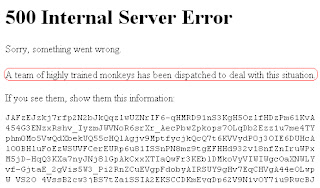Pattern: How to start a thread of execution in Fantom
In Fantom, how do you start a new thread of execution? The pattern below is very simple and nice. const class Main { Void main() { svc := Actor(ActorPool()) { doSomething }.send(null) } Obj? doSomething() { // Do something like binding to a port and listening for requests. // Or you can call another method that does that. return null } } The code above might seem a little odd at first. All that it does is to create an Actor with a code block that will execute the doSomething method. By sending a dummy message (".send(null)"), the Actor instance is started. The key here is that sending a dummy message to an Actor starts the Actor. This same trick may be applicable to other Actor based languages as well.
